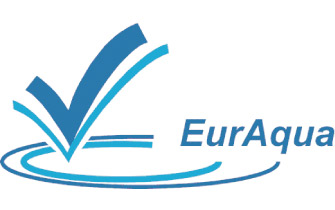

SpongeScapes - Evidence and Solutions for improving SPONGE Functioning at LandSCAPE Scale in European Catchments for increased Resilience of Communities against Hydrometeorological Extreme Events
Partners involved: Deltares, UKCEH, IIS and UL
|
Extreme weather events are intensifying, while landscapes are losing their natural ability to absorb, store, and slowly release water, a critical function often described as the “sponge effect.” The EU-funded SpongeScapes project responds to this growing challenge by developing innovative strategies to restore and enhance the sponge function of soils, groundwater, and surface waters. Bringing together scientists, practitioners, and local communities, SpongeScapes is reviewing 140 existing nature-based solutions and deep-diving into a selected number of detailed case studies across Europe. These insights will be used to co-design sponge strategies at the landscape scale, tailored to local climate, land use, and hydrological conditions. The project equips stakeholders—ranging from policymakers to land managers—with practical tools to identify opportunities, assess the effectiveness of interventions, and understand co-benefits and trade-offs. By improving modelling tools and validating strategies under different climate scenarios, SpongeScapes aims to scale up effective practices and support decision-making across diverse landscapes. SpongeScapes supports a transition to more resilient landscapes that can mitigate floods and droughts, restore ecosystems, and deliver long-term benefits for people and nature alike. |







